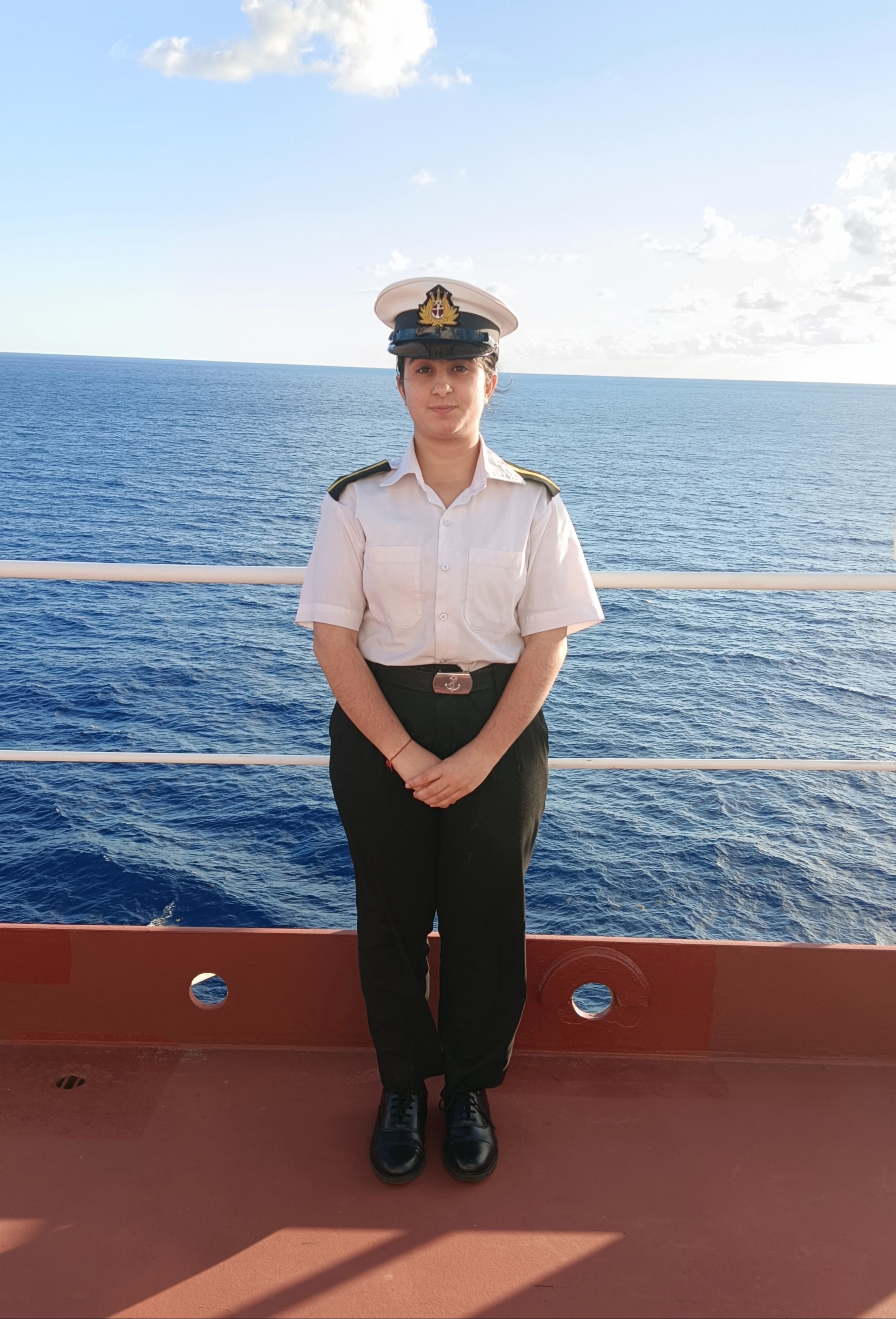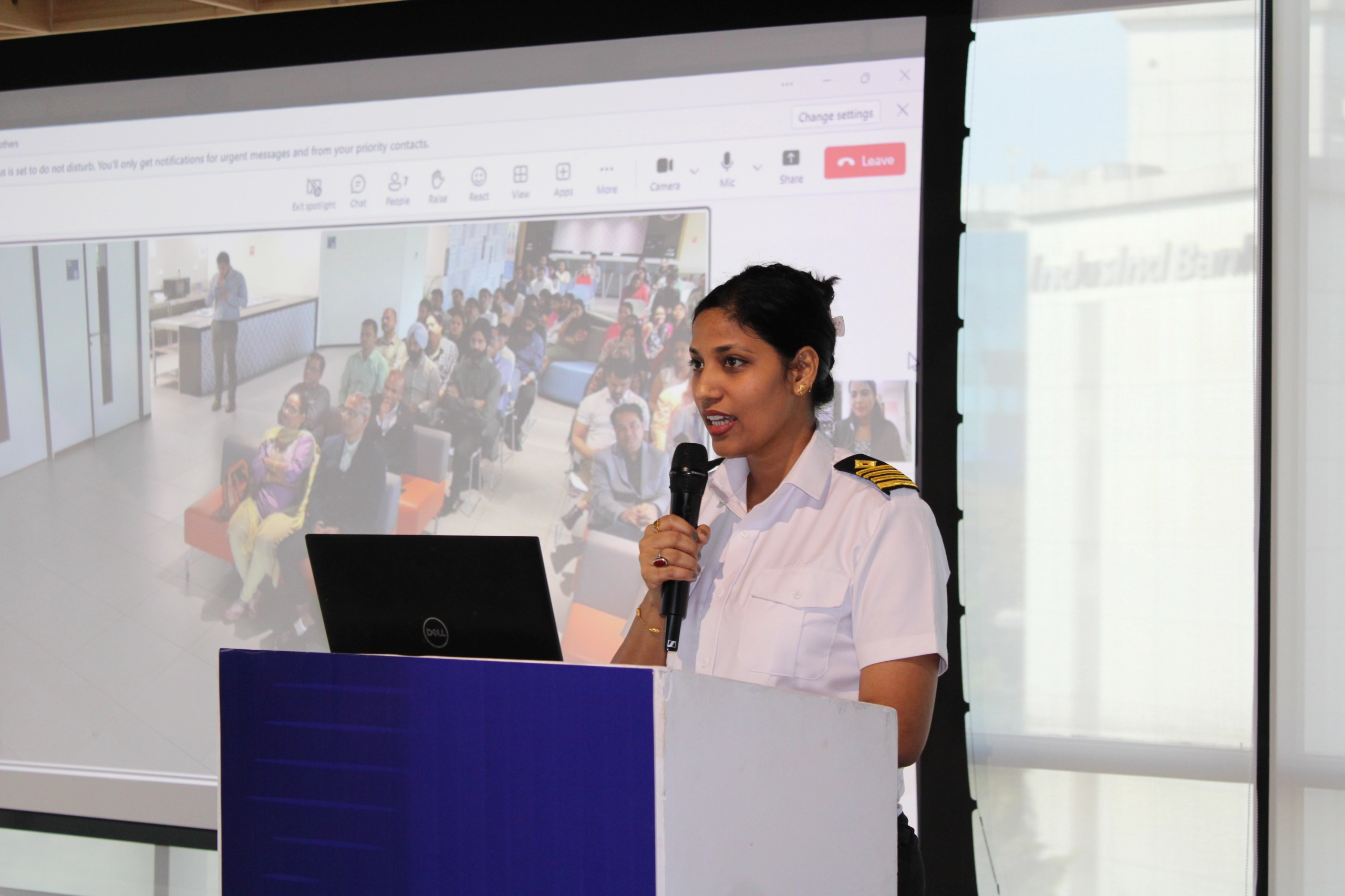Following the announcement of Fleet Management’s expansion in the Philippines to enhance its training capacity, we spoke with the company’s Chief Executive Officer, Captain Rajalingam Subramaniam, about the significance of the new Manila hub for the organization
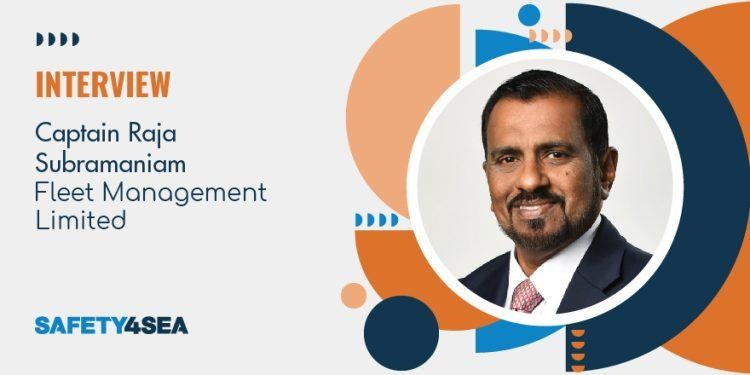
According to Capt. Subramaniam, this development- along with recent expansions in Athens and Japan – strengthens Fleet Management’s global footprint, ensuring that seafarers are well-prepared for increasingly complex operational environments and emerging technologies. He also emphasized the importance of deeper collaboration and transparency across the maritime industry. By working together, stakeholders can promote safer, more sustainable, and more efficient operations through aligned standards and shared best practices.
SAFETY4SEA: What were the key drivers behind your decision to expand Fleet Management’s presence in the Philippines at this time?
Captain Rajalingam Subramaniam: Filipino seafarers represent more than a quarter of the global maritime workforce, and an integral to Fleet Management’s operations for nearly three decades. This expansion is both a strategic investment in our growth and a reaffirmation of our commitment to our people. The new office in Pasay City brings crew management, technical operations, and training under one roof, designed with wellbeing and sustainability in mind, to support over 4,000 seafarers and their families. Fleet Management has set an ambition to grow this to 6,000 over the next two years.
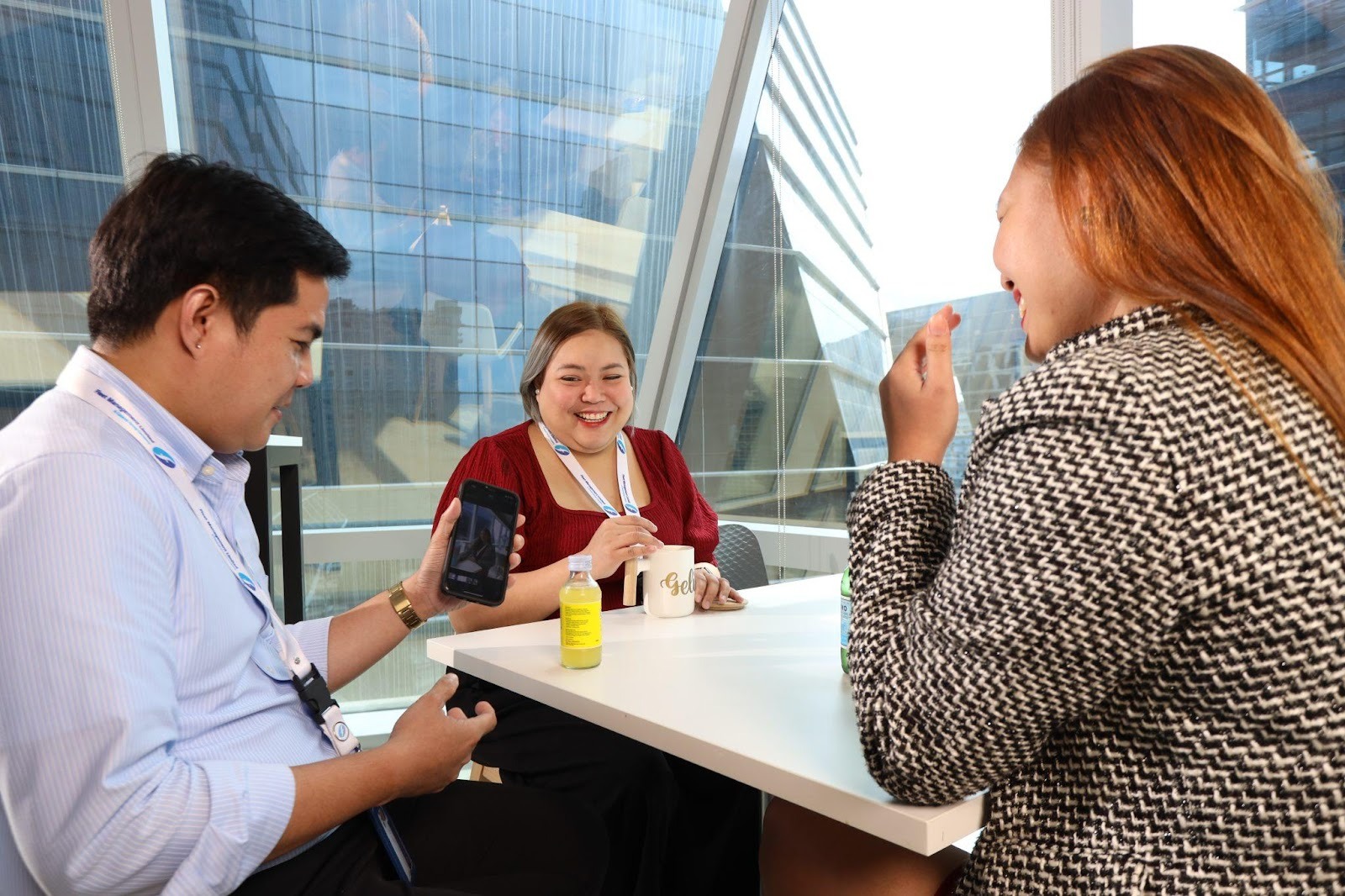
S4S: How does the new Manila hub align with Fleet Management’s broader global growth strategy?
Capt. R.S.: The Manila hub strengthens our global footprint and reflects our ambition to be closer to clients and talent in every key maritime region. Just as we expanded in Athens and deepened our presence in Japan, this investment reinforces our commitment to building capability where seafarers live and where our partners operate. It supports our goal of being a truly global, client-focused organisation.
S4S: With over 14,000 training sessions planned annually, which programs will be prioritised, and how will the curriculum adapt to future fuels and dual-fuel readiness?
Capt. R.S.: Training in Manila will prioritise practical competence for today’s and tomorrow’s maritime needs. Key focus areas include simulator-based bridge and engine room training, safety and environmental modules, and technical skills for low- and dual-fuel operations to meet growing demand. The curriculum is designed to evolve continuously, ensuring seafarers are prepared for complex operational environments and emerging technologies.
S4S: How do you ensure that your training framework remains aligned with rapidly evolving maritime industry standards and technological advancements?
Capt. R.S.: Fleet Management maintains strong partnerships with leading maritime institutions in India, the Philippines, and China. Combined with insights from our operational fleet of over 600 vessels, our in-house training institute (FMTI) ensures training content is benchmarked against the latest regulations and industry best practices. This approach ensures classroom learning reflects real-world demands in safety, efficiency, and digital proficiency.
S4S: What new welfare initiatives will be introduced under the expanded Fleet Care program in Manila?
Capt. R.S.: The Fleet Care team will offer counselling, family outreach, and continuous psychological support, ensuring seafarers and their families feel valued and connected, both ashore and at sea. Wellbeing is also central to the design of our new Manila office, with enhancements such as air quality monitoring, ergonomic workspaces, and access to mental health support.
S4S: How is Fleet Management preparing Filipino seafarers for the transition toward greener shipping and alternative fuel technologies?
Capt. R.S.: Our ESG and decarbonisation strategies are embedded in both training and operations. Seafarers in Manila will receive hands-on simulation training for dual-fuel vessel management and energy-saving practices. This ensures they are confident and capable of operating environmentally advanced ships safely and efficiently.
S4S: What is your vision for the next generation of maritime leaders emerging from the Philippines?
Capt. R.S.: I am encouraged by the calibre of our cadets and young talent, and their ambitions to serve as future stewards of global shipping—skilled, resilient, and globally competitive. Our mission is to provide opportunities for professional advancement, leadership development, and continuous technical education. By investing in training and fostering a culture of trust and collaboration, we aim to nurture leaders who will guide the industry through its next transformation.
S4S: Reflecting on 28 years of operations in the Philippines, what do you consider the most defining milestone, and what do you envision for the next 28 years?
Capt. R.S.: Our most defining milestone is the enduring loyalty and professionalism of our Filipino colleagues, many of whom have been with us for many years. I had the pleasure of awarding many Long Service Awards in Manila as part of the inauguration events in October. Their dedication has shaped Fleet’s culture of care and excellence. Looking ahead, we envision continued growth driven by innovation, sustainability, and people, while preserving the family spirit that defines our organisation.
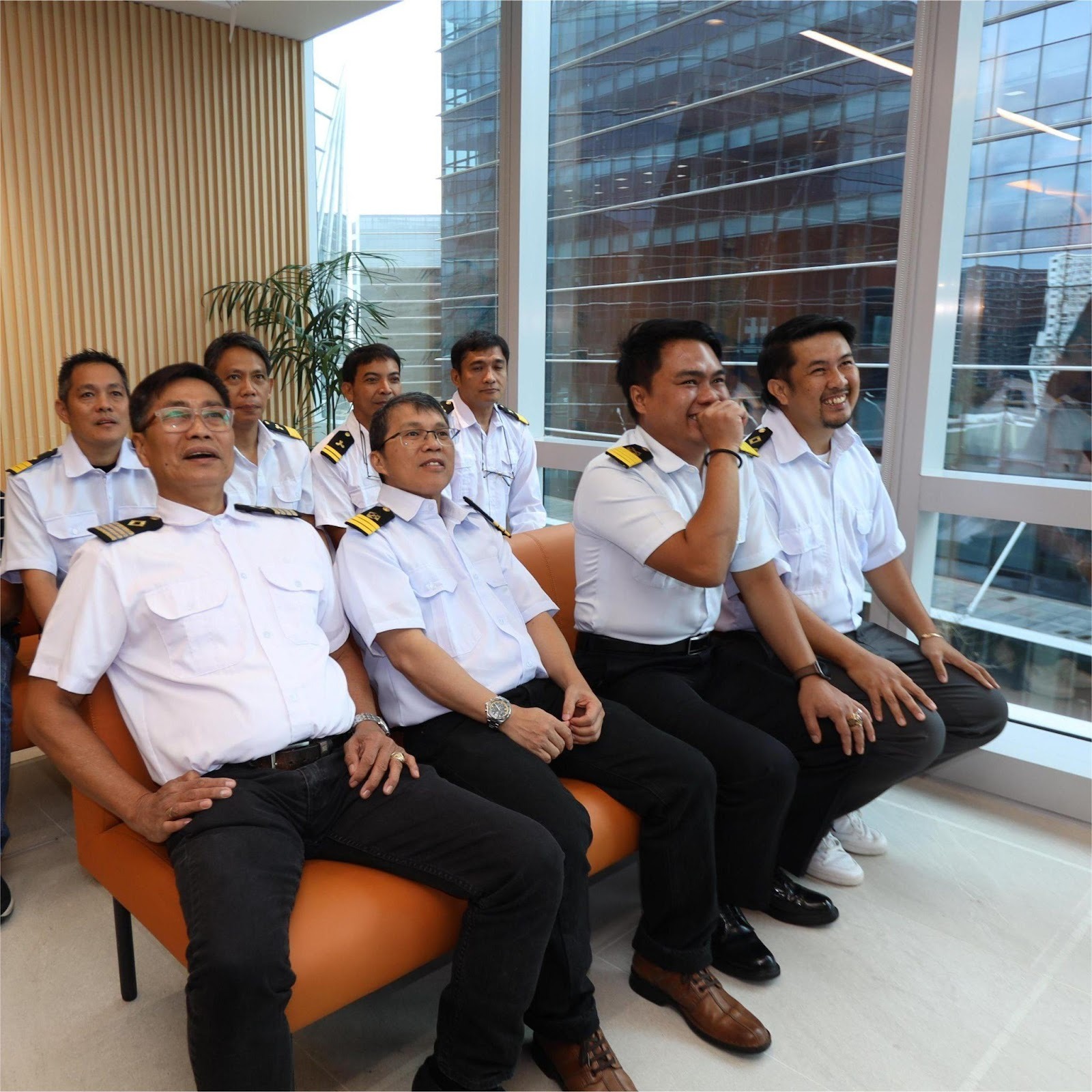
S4S: Are there any upcoming developments or projects in the pipeline that you would like to share with the industry?
Capt. R.S.: Recent milestones include the opening of our Athens office and a new leadership appointment in Japan. These developments complement the Manila hub and reflect our commitment to delivering localised support on a global scale. Together, they position Fleet Management for continued success and relevance in a changing industry.
S4S: If you could change one aspect of the maritime industry today, what would it be and why?
Capt. R.S.: If there is one change to champion, it would be deeper collaboration and transparency across the industry. When shipowners, regulators, and managers work together, we can achieve safer, more sustainable, and efficient operations, aligning on standards and sharing best practices for the benefit of people and planet alike.
S4S: Finally, what key message would you like to share with the thousands of Filipino seafarers who currently serve, or aspire to serve, with Fleet Management?
Capt. R.S.: This new home in Manila is built for you. It reflects our gratitude and long-term commitment to Filipino seafarers – your welfare, professional growth, and family wellbeing. We are proud of your contribution to global trade and remain dedicated to supporting, training, and empowering you every step of the way.
Credit:
This article was originally published in Safety4Sea (23 October 2025): Fleet Management : Investing in training and fostering a culture of trust and collaboration are high priorities - SAFETY4SEA

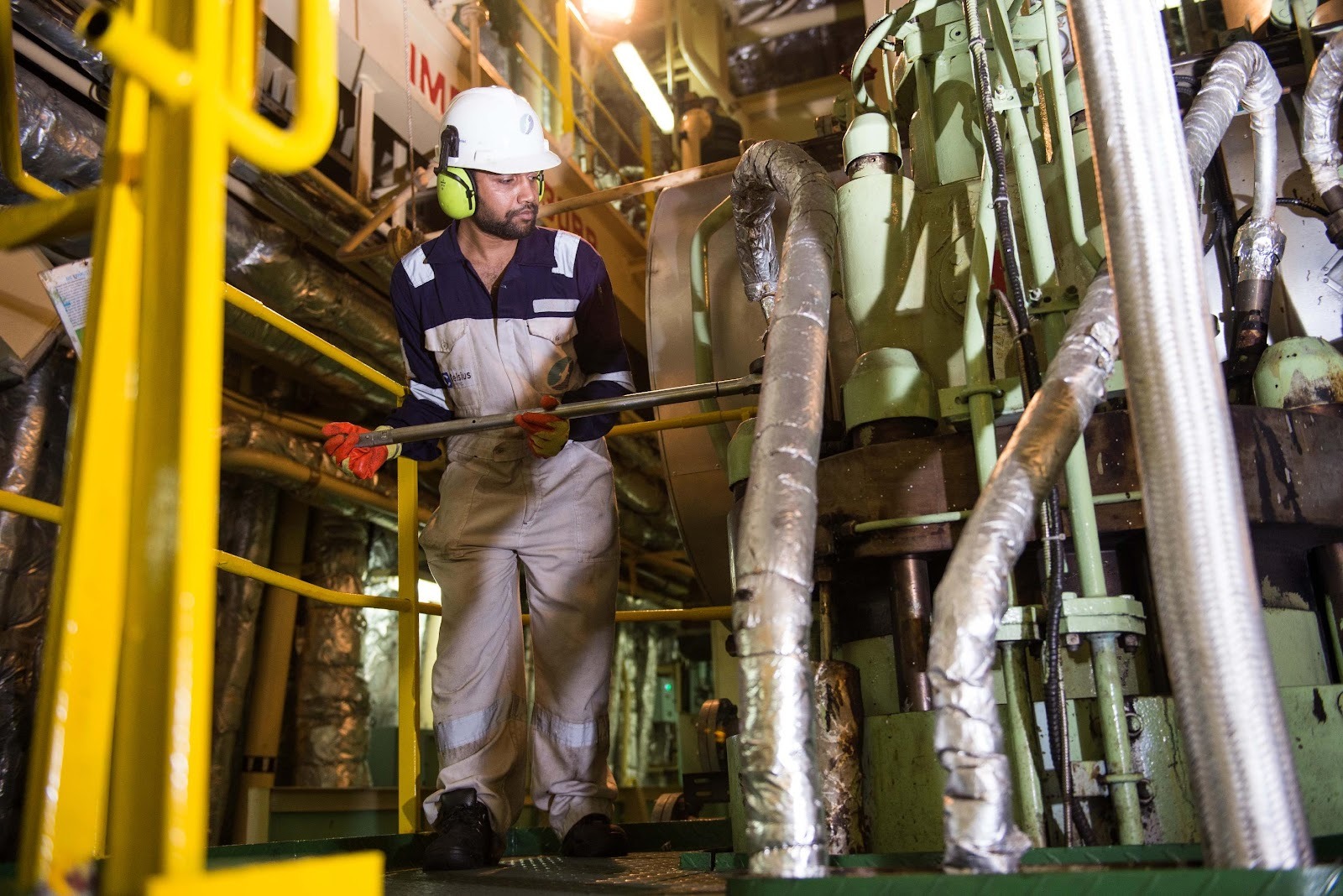

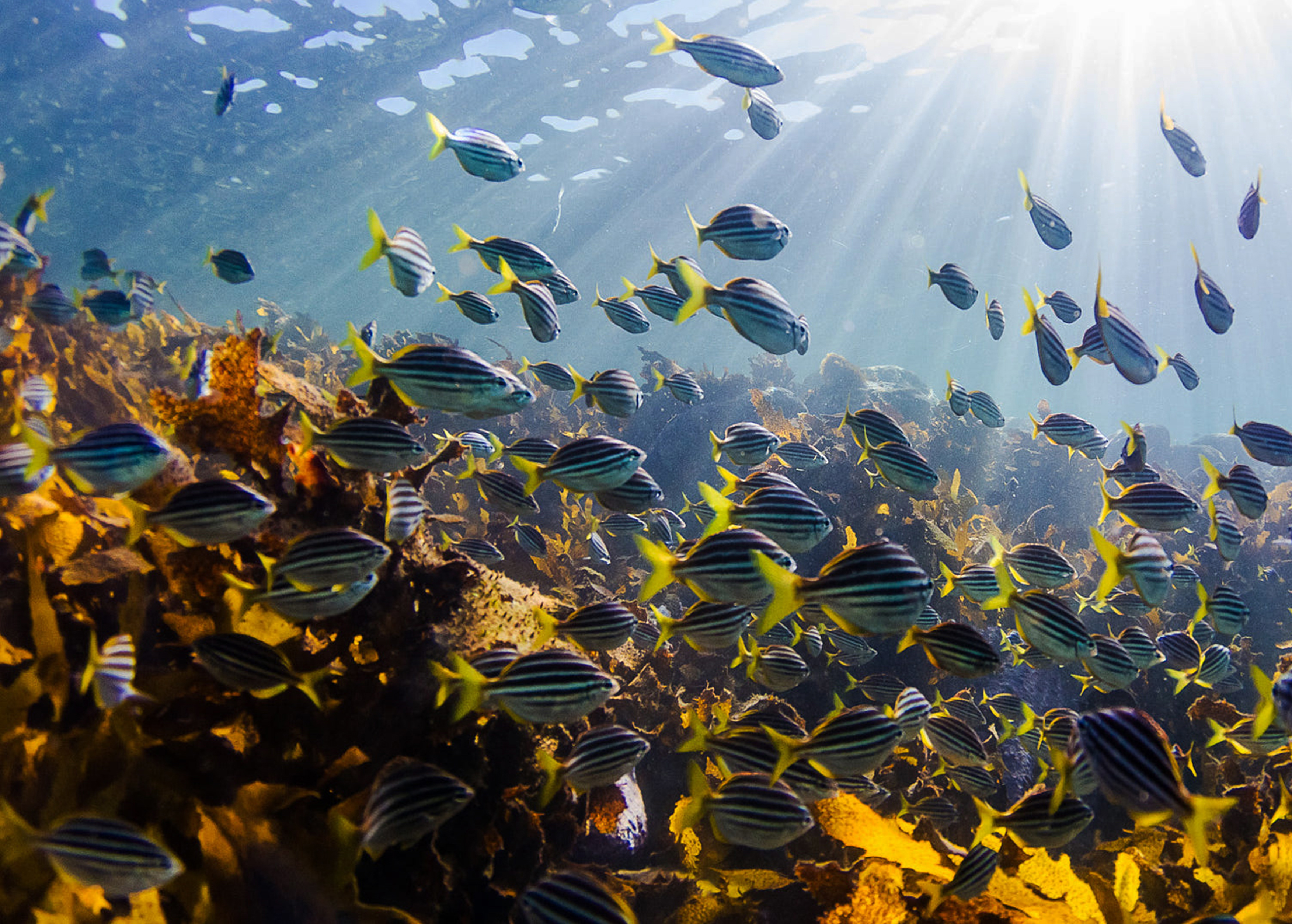

.png)

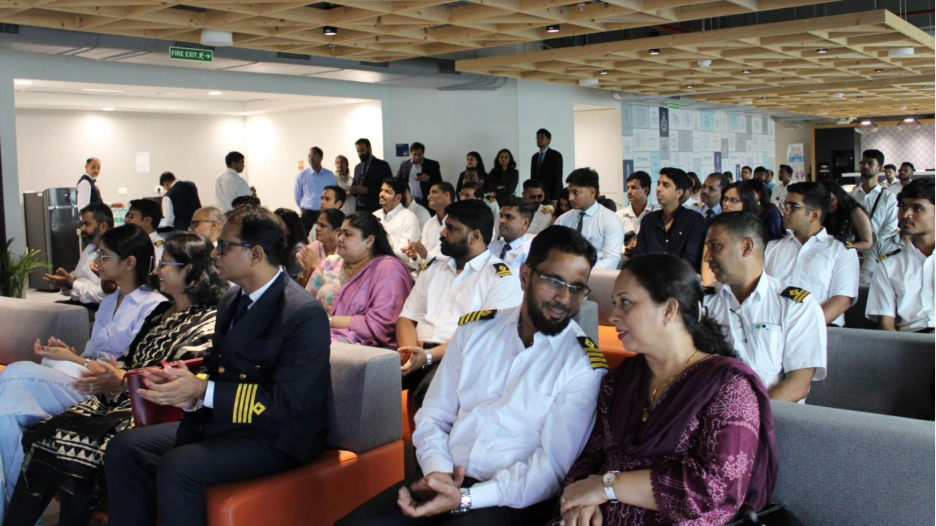
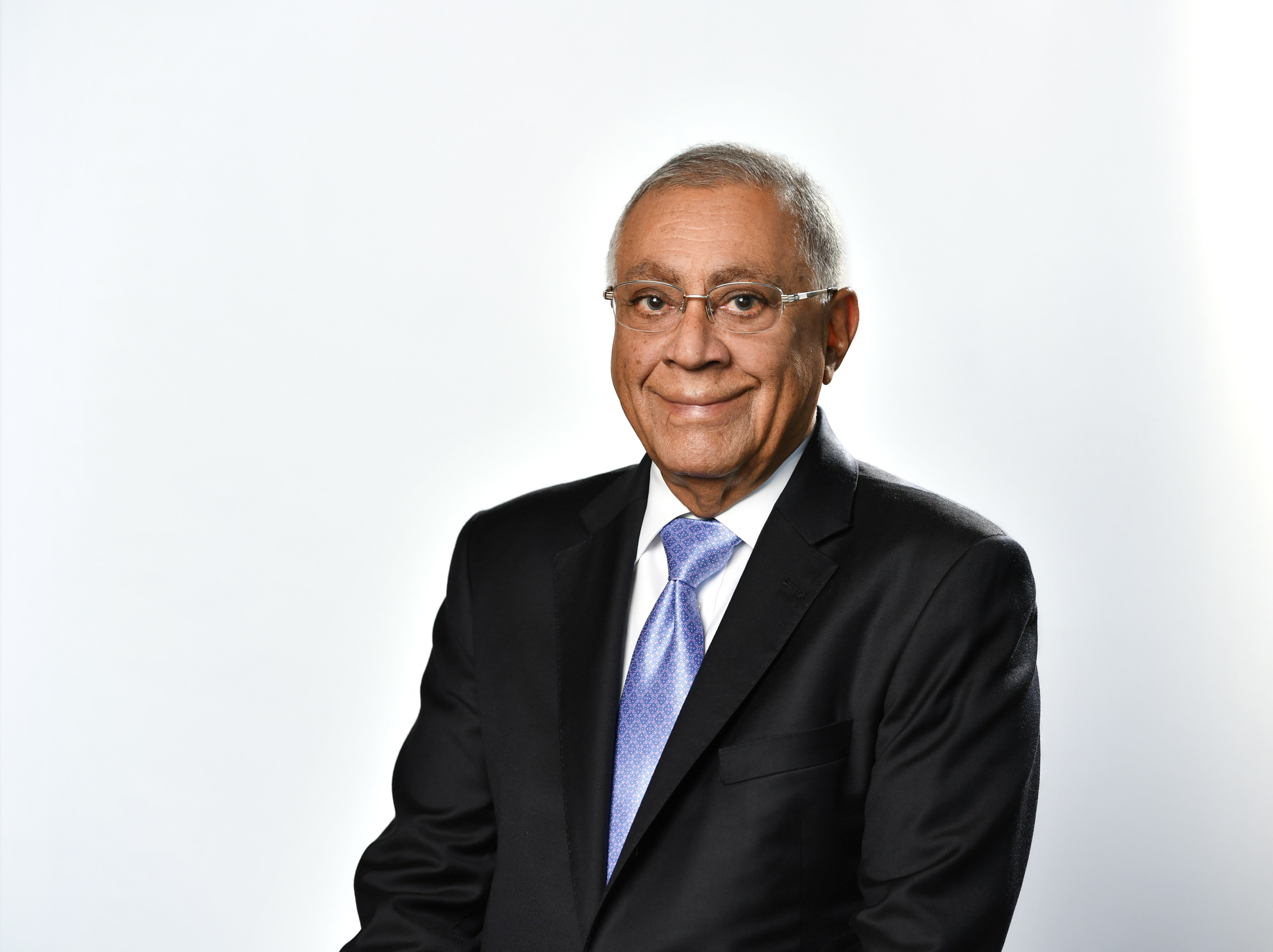



-min.png)

